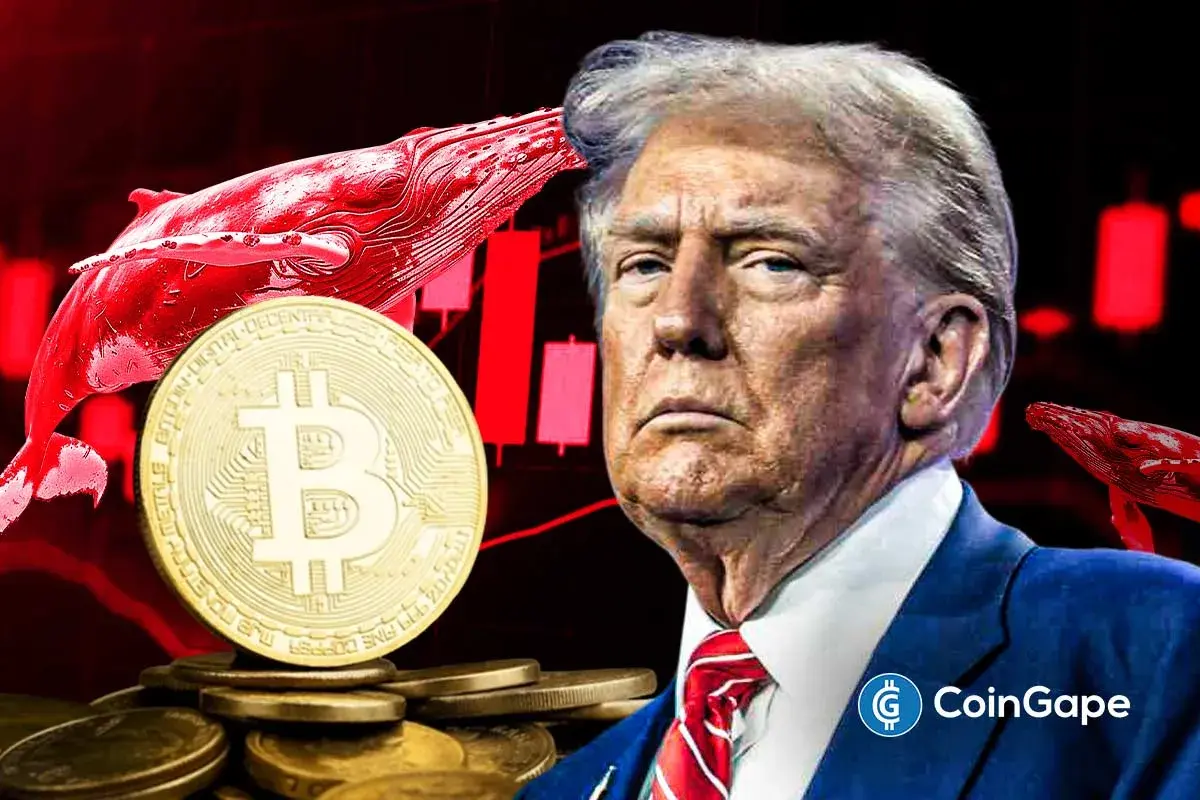Aave Founder Teases Fee Benefits for Stakers in Vote

Highlights
- Marc Zeller announced a potential vote on a 'fee switch' for Aave, which would redistribute $60 million in annual net profits to the owners.
- Aave DAO supports staking fee adjustments for GHO stablecoin to maintain its peg stability.
- The move seeks to enhance staker rewards, competing with DeFi protocols like Frax Finance and Uniswap.
Marc Zeller, the founder of the Aave Chan Initiative, has expressed a possible vote for the activation of a ‘fee switch’ on the Aave DeFi (Decentralized Finance) platform. Zeller’s post on X pointed to some beliefs that it may affect how the DAO of Aave utilizes its annual net profits of about $60 million to be used back to the owners. This move comes as part of a broader conversation on incentivizing participation and investment in the Aave ecosystem.
The recent votes by the Aave DAO have been in support of introducing some adjustments in the staking fee structure of the Aave stablecoins, GHO. The goal will include maintaining stability in the stablecoin’s peg. Zeller’s announcement sets out the protocol’s intent to compete with the Frax Finance and Uniswap DeFi protocols by continuing its efforts to improve staker rewards, a novel use of the fee distribution design.
Aave Proposes Safety Fund for Staker Income
Aave stakeholders have implemented achievements on a daily basis. Zeller already confirmed this in his tweet in March, introducing the idea of a safety fund, where the income would be paid to the stakers. Such a proposition is consistent with the protocol’s intention to improve its appeal for staking and make it more profitable for the stakeholder. As per Zeller, this move intends to make the network secure and stable by means of an enhanced stakeholder community.
Difficult to realize, Frax Finance and Uniswap are currently somehow implementing their fee switches. The fact that most DeFi protocols also pay attention to the needs of the users proves this shift towards amply paying the users and enhancing the security around these platforms. A decision to distribute fees to users could be the next step for the platform, holding place with the protocols that currently have such a model.
Skywards Proposes sUSDe Integration into Aave V3
In related developments, the DeFi entity Skywards has proposed integrating the synthetic dollar, sUSDe, into Aave V3 on Ethereum. This proposal, currently in the TEMP CHECK stage, aims to bolster the Aave protocol with new assets offering stable, yield-earning opportunities. The integration suggests a growing focus on expanding the platform’s offerings and ensuring robust risk management through partnerships with entities like Chaos Labs.
Skywards’ involvement emphasizes a community-driven approach to governance and decision-making within Aave. The proposal for sUSDe not only introduces a new asset to the ecosystem but also highlights Aave’s commitment to enhancing its platform through collaborative, transparent processes. This approach ensures continuous improvement and responsiveness to the needs of Aave’s users and stakeholders.
Read Also: Coinbase L2 Base Outshines Arbitrum In Transaction Count
- Will Bitcoin Crash Again as ‘Trump Insider’ Whale Dumps 6,599 BTC
- XRP News: Ripple’s RLUSD Gets Boost as CFTC Expands Approved Tokenized Collateral
- Crypto Markets Brace as Another Partial U.S. Government Shutdown Looms Next Week
- $40B Bitcoin Airdrop Error: Bithumb to Reimburse Customer Losses After BTC Crash To $55k
- ETH Price Fears Major Crash As Trend Research Deposits $1.8B Ethereum to Binance
- Cardano Price Prediction as Midnight Token Soars 15%
- Bitcoin and XRP Price Outlook Ahead of Crypto Market Bill Nearing Key Phase on Feb 10th
- Bitcoin Price Prediction as Funding Rate Tumbles Ahead of $2.1B Options Expiry
- Ethereum Price Outlook as Vitalik Buterin Sells $14 Million Worth of ETH: What’s Next for Ether?
- Solana Price at Risk of Crashing Below $50 as Crypto Fear and Greed Index Plunges to 5
- Pi Network Price Prediction Ahead of PI KYC Validator Reward System Launch
















